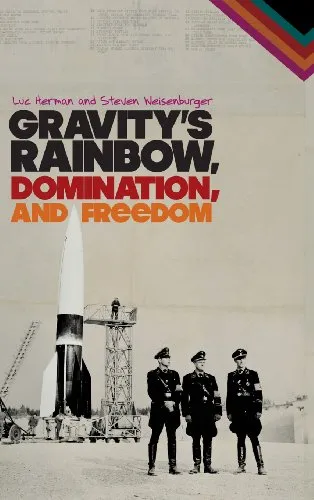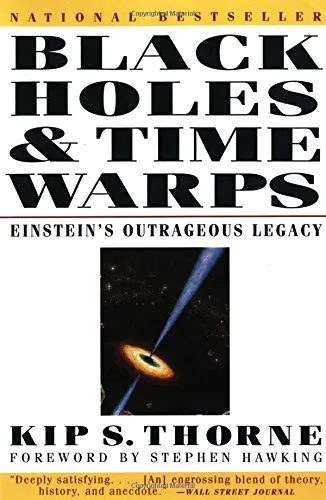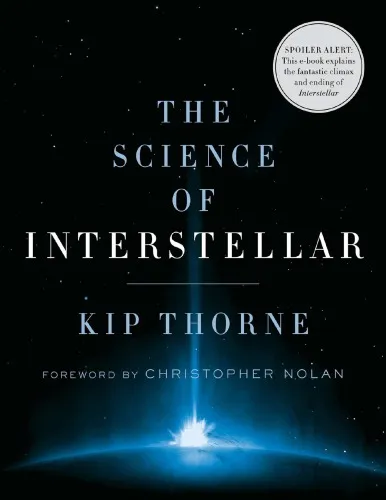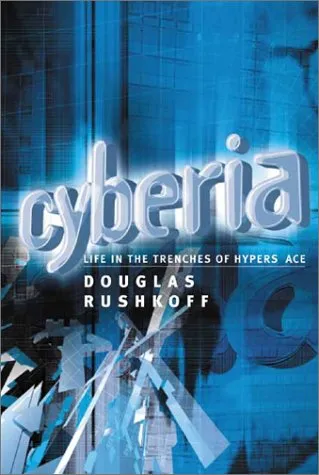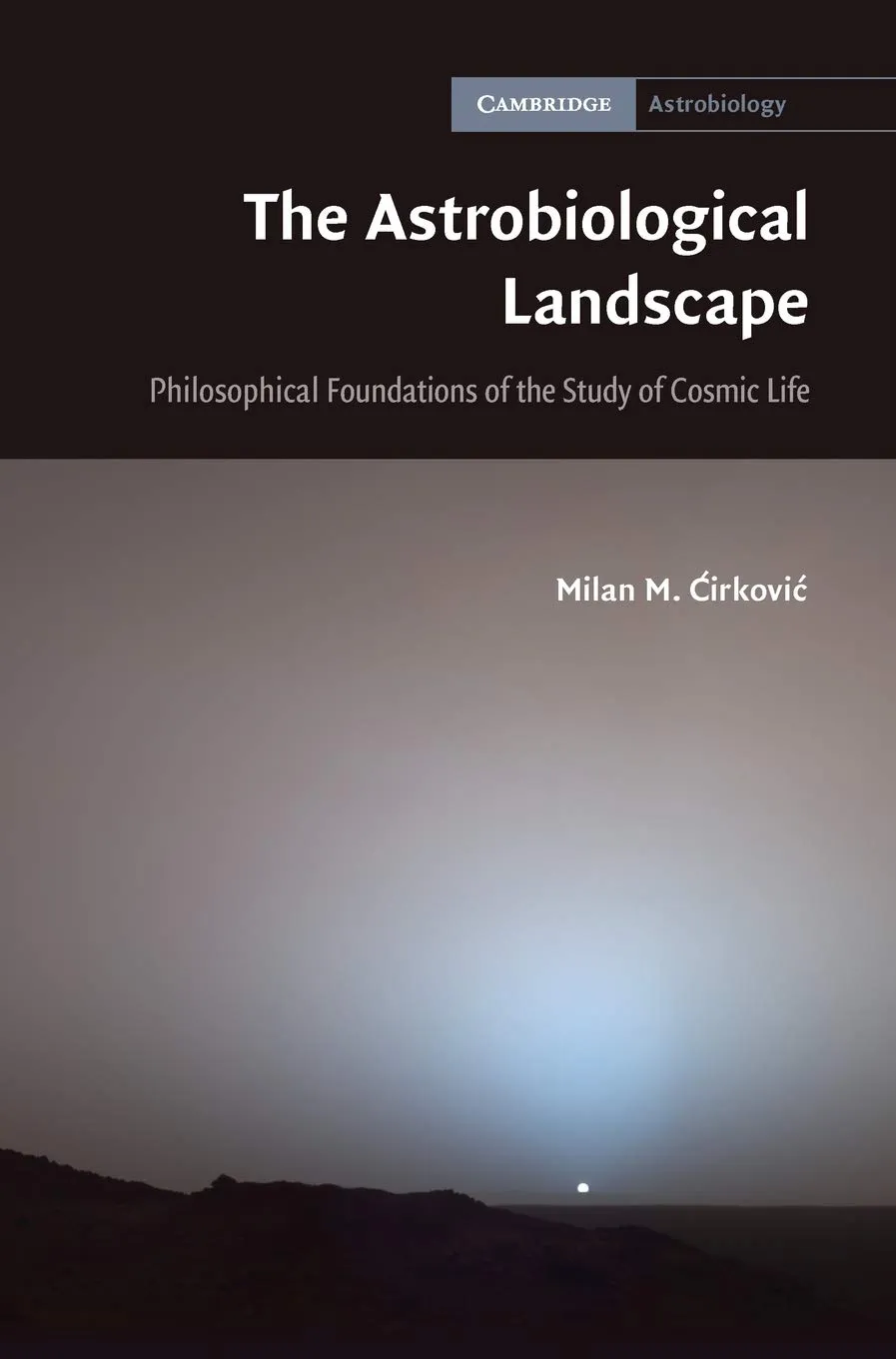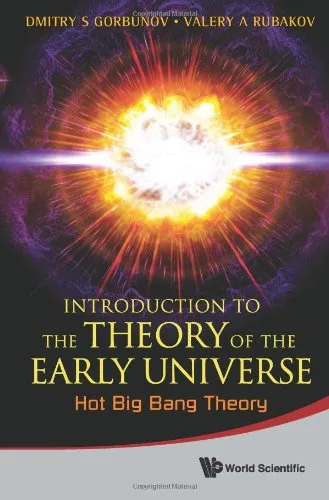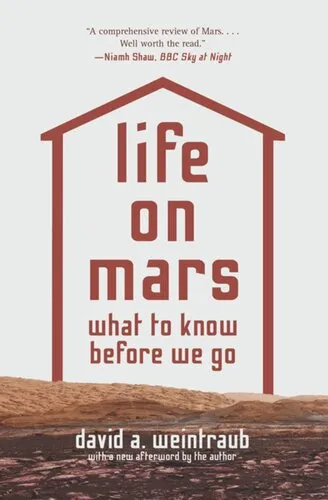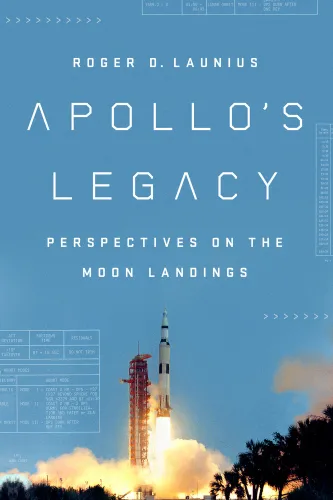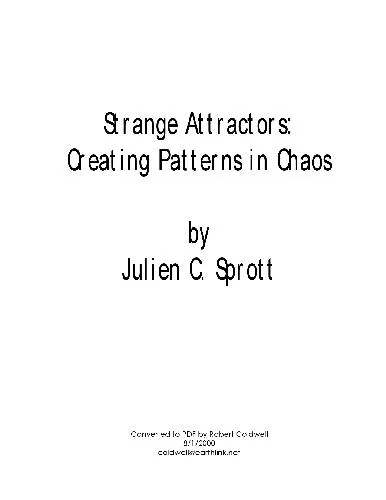Gravity's Rainbow, domination, and freedom
4.0
Reviews from our users

You Can Ask your questions from this book's AI after Login
Each download or ask from book AI costs 2 points. To earn more free points, please visit the Points Guide Page and complete some valuable actions.Related Refrences:
Welcome to the immersive world of 'Gravity's Rainbow, Domination, and Freedom,' a landmark analysis that delves deep into the complex narrative and thematic intricacies of Thomas Pynchon's seminal novel. Published as a collaborative effort between literary analysts Herman Luc and Steven Weisenburger, this book provides a comprehensive exploration of the themes of domination and freedom against the backdrop of Pynchon's chaotic and richly constructed narrative.
Summary of the Book
In 'Gravity's Rainbow, Domination, and Freedom,' Herman Luc and Steven Weisenburger offer an incisive examination of how Pynchon’s sprawling text critiques the mechanisms of control that pervade modern society. The book elucidates how Pynchon uses the historical context of World War II and the subsequent rise of the military-industrial complex as a symbol for exploring freedom's constraints amidst burgeoning technological and administrative systems. Throughout this essayistic work, the authors dissect Pynchon's vivid characters, convoluted plotlines, and intricate symbolism, revealing the complex interplay between chaos and structure.
Luc and Weisenburger navigate through the enigmatic nature of Pynchon’s prose, unearthing insights into how his depiction of post-war anxiety and paranoia resonate with contemporary themes of surveillance and loss of privacy. By focusing on the thematic dualism of domination and liberation, the book unveils Pynchon's nuanced critique of society’s relentless advance towards technological dystopia, while simultaneously exploring avenues of hope and human agency.
Key Takeaways
- The novel is a poignant critique of the post-war global order, delving into the moral decay and ethical dilemmas introduced by industrial and scientific advancements.
- Pynchon’s narrative is characterized by its intricate complexity, mirroring the chaotic world it aims to depict.
- 'Gravity’s Rainbow' presents a dual vision—both a dystopian critique and a quest for freedom in an increasingly controlled world.
- The analysis illustrates the tension between individual agency and systemic control, a theme as relevant today as it was at the time of the novel’s publication.
Famous Quotes from the Book
"In an era defined by its relentless advance in technology and data surveillance, Pynchon's insights into the domination-freedom dichotomy are not merely historical artifacts, but prescient warnings and meditations on our current predicament."
"The labyrinthine narratives and complex characters serve not only to engage the reader but also as metaphors for the multifaceted nature of human control and freedom."
Why This Book Matters
The analysis provided in 'Gravity's Rainbow, Domination, and Freedom' becomes ever more critical as contemporary society grapples with the implications of digital surveillance and control. Where Pynchon’s original work foresaw a world increasingly governed by data and technological prowess, Luc and Weisenburger's exploration tackles these premonitions head-on, making it indispensable for anyone seeking to understand the conflicted relationship between technological progress and personal freedom.
This book is an essential companion for scholars, students, and readers of Pynchon alike, offering a robust framework for engaging with one of literature’s most provocative texts. By meticulously dissecting and interpreting the complex themes of 'Gravity’s Rainbow,’ the authors illuminate how literature can reflect and challenge the systems of power that shape our everyday experiences.
In conclusion, 'Gravity's Rainbow, Domination, and Freedom' not only enriches our understanding of Pynchon's masterpiece but also serves as a compelling commentary on the ongoing negotiation between control and liberation in a world increasingly defined by technological infrastructure and policy. This exploration is a vital contribution to literary discourse, encouraging us to reflect on the societal structures that define our very existence.
Free Direct Download
You Can Download this book after Login
Accessing books through legal platforms and public libraries not only supports the rights of authors and publishers but also contributes to the sustainability of reading culture. Before downloading, please take a moment to consider these options.
Find this book on other platforms:
WorldCat helps you find books in libraries worldwide.
See ratings, reviews, and discussions on Goodreads.
Find and buy rare or used books on AbeBooks.
1340
بازدید4.0
امتیاز0
نظر98%
رضایتReviews:
4.0
Based on 0 users review
Questions & Answers
Ask questions about this book or help others by answering
No questions yet. Be the first to ask!
